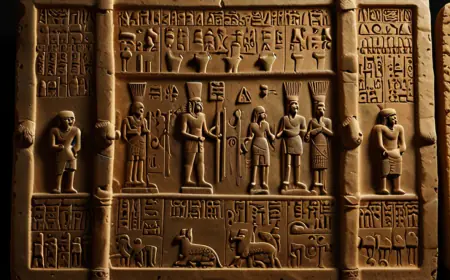England’s High Court rules Tether’s stablecoin USDT qualifies as property
The High Court of Justice for England and Wales issued a ruling that allowed Tether’s stablecoin USDT to qualify as property. The ruling came just a day after the jurisdiction’s administration declared it would commence legislation on digital currencies.

The High Court of Justice for England and Wales issued a ruling that allowed Tether’s stablecoin USDT to qualify as property. The ruling came just a day after the jurisdiction’s administration declared it would commence legislation on digital currencies.
The High Court of Justice for England and Wales ruled that Tether’s USDT, the largest stablecoin by market capitalization, qualifies as property. The ruling is the first-ever after a full trial under the current U.K. regulations and shines a spotlight on the status and treatment of blockchain-powered virtual assets.
England’s High Court rules that USDT qualifies as property
The court documents were filed on Thursday, 13th September. Deputy High Court Judge Richard Farnhill said in the filings that USDT qualifies to be a subject of property rights under the United Kingdom regulations.
Farnhill further added that stablecoin is subject to tracing and constitutes trust property similar to other declared property. Notably, the court highlighted that stablecoin is a unique form of property not premised on an underlying legal right.
“USDT attract property rights under English law. It can be the subject of tracing and can constitute trust property in the same way as other property.”
Cryptocurrency scam victim Fabrizio D’Aloia forwarded the case to the court with the main focus on the Thai exchange Bitkub as one of the defendants.
The court documents also reveal that D’Aloia’s case referenced six other defendants, including Binance, two unidentified individuals alleged to be scammers, Gate Technology Corp., Aux Cayes Fintech, and Polo Digital Assets. However, the court filings indicate that the case against Binance was settled.
The court’s decision also favored Bitkub exchange. The court documents indicate the plaintiff had no claim against the company since it did not receive any assets from him. Farnhill mentioned in the court documents that there was no flawed transaction between the plaintiff and the exchange.
U.K.’s proposed Property Bill identifies digital assets as property
The plaintiff told the court that an unnamed defendant coaxed him to hand over digital assets worth $3.3 million (£2.5 million). The funds were allegedly in the form of Tether’s USDT and Circle’s USDC stablecoins.
The defendant and alleged scammer transferred the funds through various blockchain wallets and crypto mixers before another defendant withdrew the funds through various crypto exchanges.
The September 12th ruling identifying USDT as property came just a day after the U.K. government proposed the Property Bill that identifies digital assets as property.
The bill outlines that digital assets such as cryptocurrencies, carbon credits, and non-fungible tokens can be identified as personal property in the U.K. jurisdiction. The bill was presented to the English Parliament on September 11th, ranking Britain among the first countries to recognize these assets in law.
Digital assets were not recognized in English and Welsh property law before the bill was introduced as a subject of litigation. The ambiguity left cases and legal applications in a gray area whenever legal disputes emerged.
What's Your Reaction?









































































































